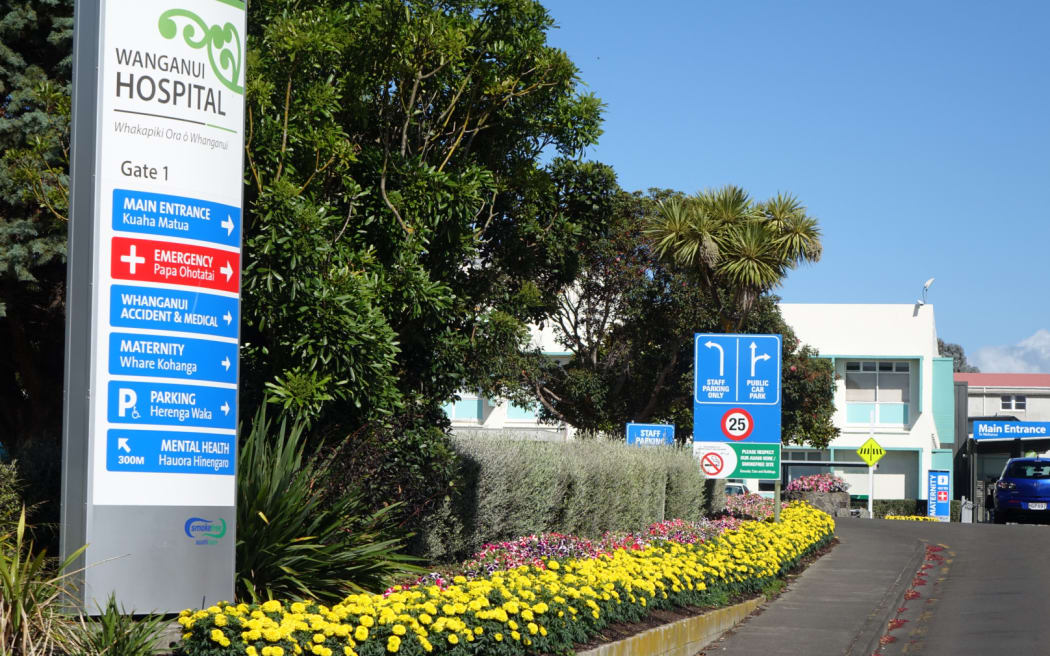Whanganui Hospital failed to adequately treat a man for an ear infection which eventually killed him, with one doctor assuming he was on meth, the Health and Disability Commission has found.
A man died after developing a brain abscess as a result of an ear infection. (File image)
Photo: RNZ / Robin Martin
Deputy commissioner Vanessa Caldwell has released a report into the death of the Māori man in his 30s who developed a brain abscess, a rare complication from a middle ear infection.
The hospital had missed multiple chances to pick up the infection and try to treat it, her report found.
The man had turned up to the hospital emergency department five times over two months with symptoms, and on one occassion a doctor put them down to intoxication from methamphetamine use, without asking the man or his family whether that was the case.
He eventually died after collapsing at home and being admitted by ambulance with an acute infection.
In her report, Caldwell said staff failed to do enough to investigate the extent of the disease and whether the man had developed complications.
“The clinicians involved in the man’s care failed to appreciate the significance of his repeated presentations, and take into consideration his history of poorly resolving symptoms, and the possible presence of complications,” she said.
“Given the number of staff involved across multiple presentations, I consider that WDHB [Whanganui District Health Board] must take responsibility at an organisational level for the widespread failure in its service.”
On the man’s second visit to ED, emergency doctors suspected a sepsis, a blood infection, but a specialist said he saw no signs and said the man appeared to be on methamphetamine.
The specialist told the investigation the man had appeared euphoric after coming back from outside and was extremely active, refusing to sit down.
The man’s sister told the commission the specialist appeared annoyed to be there, did not acknowledge her or her sister, and appeared to assume that because the patient was of Māori descent, he was a drug user.
Her brother was not intoxicated, she said.
The doctor told the commission that, at a subsequent appointment, the man’s father told him he had previously been a meth user.
An independent doctor reviewing the case for the commission said the suspected methamphetamine use was not mentioned in the emergency department notes, which said the patient had not taken methaphetamine for six months.
“It is unclear based on the information available to conclude whether [the patient] had used methamphetamine while in ED resulting in the abnormal vital signs or whether this was secondary to sepsis,” he said.
There could be some overlap in symptoms, but a more thorough investigation could usually help differentiate, he said.
The deputy commissioner criticised assumptions made about the man, the hospital’s communication processes, and its procedures for follow up appointments or test results.
She recommended the hospital change its protocol for suspected drug use, and that the specialist teach himself about bias in healthcare and reflect on his care in relation to the suspicion of drug use, she said.
Whanganui DHB has been absorbed into the new Te Whatu Ora national health body. RNZ has sought commment.





















Discussion about this post